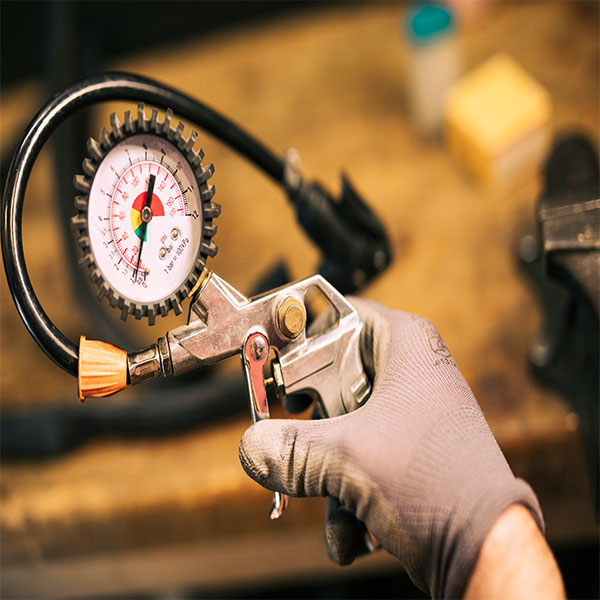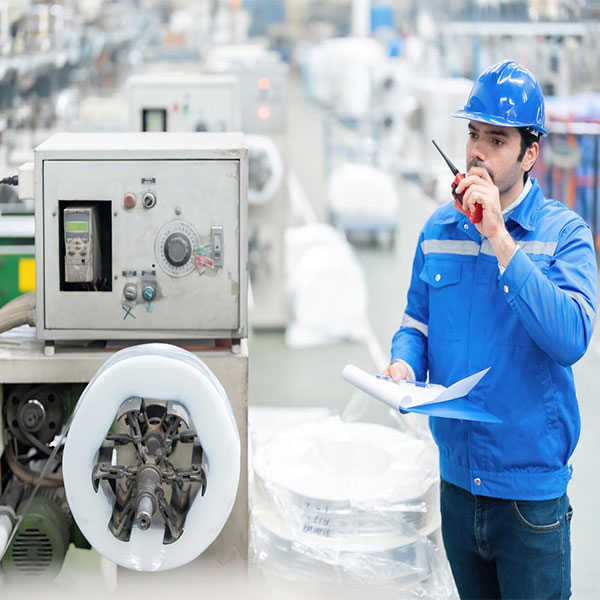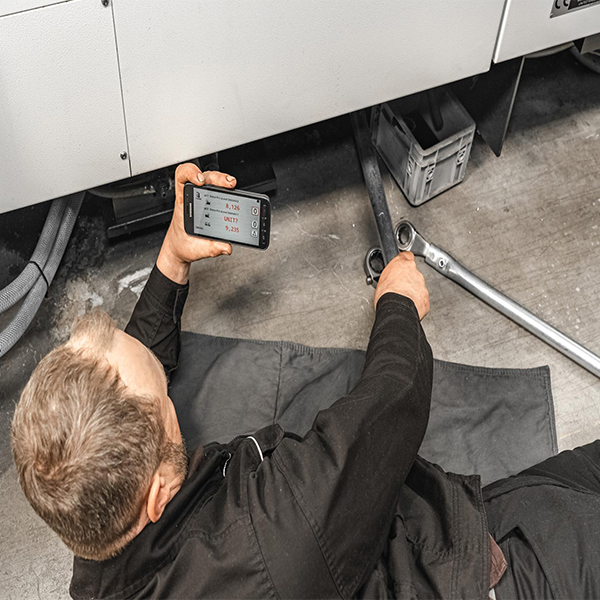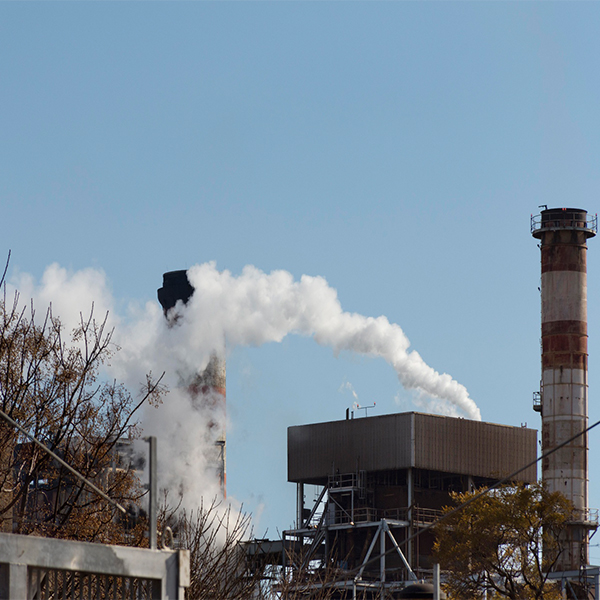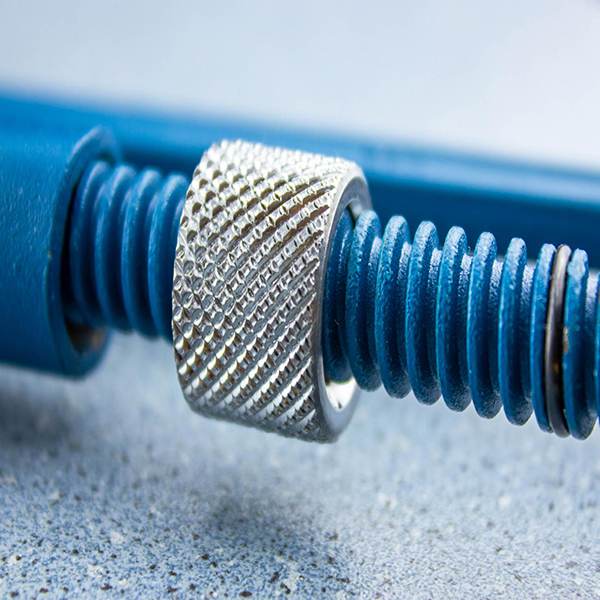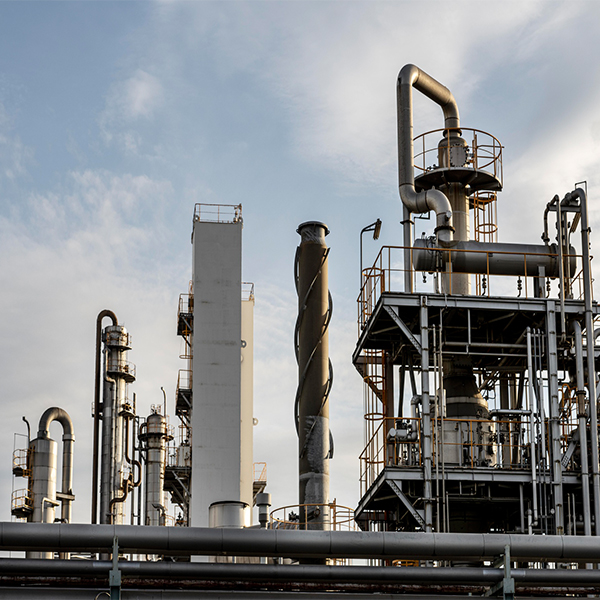Air compressors are essential tools in various industrial applications, and their efficiency and longevity largely depend on how well they are cooled during operation. Overheating can severely impact the performance of air compressors, leading to breakdowns, reduced efficiency, and higher energy costs. Modern air compressors employ advanced cooling techniques to mitigate these issues, ensuring optimal operation even in demanding environments. In this article, we will explore the key cooling methods used in today’s air compressors and their benefits for industrial users.
Understanding the Need for Effective Cooling
Air compressors generate a significant amount of heat during the compression process. When air is compressed, its temperature increases, potentially causing excessive wear on components and impacting the overall efficiency. Cooling systems are therefore critical to maintain optimal operating temperatures, prolong the lifespan of the compressor, and ensure consistent performance.
Without proper cooling, air compressors can overheat, leading to thermal damage, degraded performance, and even catastrophic failure of critical components. This is especially true for compressors that are used in continuous or high-demand applications. By incorporating advanced cooling technologies, manufacturers can improve compressor reliability and efficiency, thereby reducing downtime and operational costs.
Key Advanced Cooling Techniques in Modern Air Compressors
- Air-Cooled Systems
Air-cooled compressors use ambient air to dissipate heat generated during compression. These systems are the most common in smaller industrial air compressors and are relatively simple to maintain. The air is drawn in by a fan and passed over the compressor’s heat exchanger or cooling fins, allowing it to carry away the excess heat.
- Advantages:
- Simple design and low maintenance requirements.
- Cost-effective for smaller-scale operations.
- Ideal for environments where water availability is limited.
- Considerations:
- Less efficient than water-cooled systems for large, continuous operations.
- Ambient temperature can affect cooling performance.
- Water-Cooled Systems
Water-cooled compressors use water as a medium to absorb heat. In this system, the compressor’s cooling jacket or heat exchanger is connected to a continuous flow of water, which absorbs the heat and is then expelled or circulated to cooling towers or reservoirs.
- Advantages:
- More efficient than air-cooled systems for higher capacity and continuous-duty operations.
- Provides better temperature control in high-performance applications.
- Ideal for large industrial plants or facilities where water is readily available.
- Considerations:
- Higher installation and maintenance costs.
- Potential risk of corrosion or scaling in water systems, requiring regular maintenance.
- Oil-Cooled Systems
Oil-cooling systems are often employed in rotary screw compressors, where the oil used for lubrication also plays a role in heat dissipation. The oil circulates through the compressor’s components and absorbs heat before being cooled in a separate heat exchanger.
- Advantages:
- Provides efficient cooling while maintaining lubrication.
- Suitable for high-demand applications.
- Helps extend the life of compressor components by reducing heat-related wear.
- Considerations:
- Requires proper oil maintenance to ensure the cooling system remains effective.
- Oil replacement and filtration are necessary for optimal performance.
- Hybrid Cooling Systems
Some modern compressors integrate both air and water cooling, optimizing the strengths of each method. Hybrid systems typically use air cooling for low-load periods and switch to water cooling when higher loads are required. This flexibility ensures that the compressor operates efficiently under varying conditions.
- Advantages:
- Maximizes cooling efficiency across a wide range of operational scenarios.
- Reduces energy consumption by switching between air and water cooling based on load demands.
- Considerations:
- More complex than standalone systems, requiring careful integration and maintenance.
- Advanced Cooling Fans and Heat Exchangers
In addition to cooling mediums like air or water, modern compressors use advanced fans and heat exchangers to further improve cooling efficiency. These components are designed to enhance airflow and facilitate better heat dissipation from the compressor, ensuring it remains within optimal operating temperatures.
- Advantages:
- Increased cooling efficiency without significantly increasing the system’s energy consumption.
- Improved overall system reliability and component longevity.
- Considerations:
- Requires precise engineering to ensure compatibility with other cooling techniques.
Choosing the Right Cooling System for Your Application
Selecting the appropriate cooling system for your air compressor depends on a variety of factors, including the size of your compressor, the intensity of your operational requirements, and the environment in which the compressor will be used. Here are some key factors to consider:
- Scale of Operation: Larger industrial operations may benefit from water-cooled or hybrid systems, while smaller workshops may find air-cooled systems sufficient.
- Duty Cycle: Continuous-duty compressors with high load demands typically perform better with oil- or water-cooled systems.
- Maintenance and Operating Costs: Air-cooled systems are often less expensive to install and maintain, while water-cooled systems require more frequent upkeep.
- Environment: In areas with limited water supply, air-cooled compressors may be more practical.
As industrial processes become more demanding, the need for advanced, reliable cooling techniques in air compressors grows. Whether opting for air-cooled, water-cooled, oil-cooled, or hybrid systems, selecting the right cooling solution ensures that your compressor operates efficiently, reliably, and with minimal downtime.
Nanjing XYC is a key supplier of high-quality industrial compressors with advanced cooling systems. Our experts are ready to assist you in selecting the ideal air compressor that meets your operational requirements. Contact Nanjing XYC today for expert advice and customized solutions.



